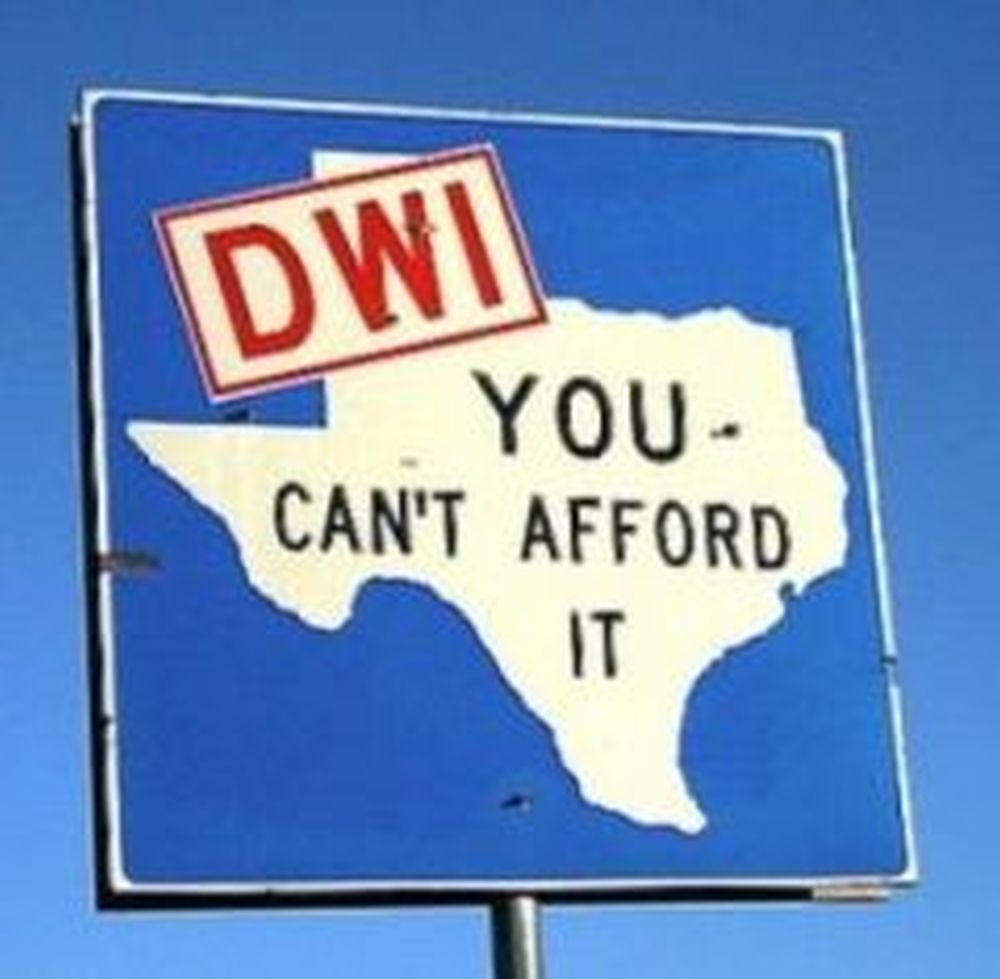Many believe that choosing a high deductible auto insurance policy always saves money in the long run. While it's true that higher deductibles often result in lower premiums, this strategy isn't foolproof. You might find yourself facing a hefty out-of-pocket expense when filing a claim. So, how do you determine the right balance between premium costs and potential expenses? Understanding the implications of your choice is essential for financial stability and peace of mind.
Have you ever wondered how to choose the right auto insurance deductible for your needs? Selecting between high and low deductibles can notably impact your finances. A deductible is the amount you pay out-of-pocket before your insurance kicks in. Understanding how this choice affects both your premiums and your claims is vital. Car insurance policies can vary widely, so it's important to shop around for the best options.
Higher deductibles often lead to lower premiums. For instance, opting for a $2,000 deductible instead of a $1,000 one might save you around 6% on your annual premium. If you don't plan to file many claims, this can be a savvy way to save money over time. However, it's important to evaluate this against your financial situation. If an unexpected incident occurs, a high deductible could strain your finances when you need to cover that initial out-of-pocket cost.
Choosing a higher deductible can reduce your premiums, but ensure you're financially prepared for unexpected out-of-pocket costs.
On the flip side, lower deductibles provide immediate financial relief during claims. With a lower deductible, you'll face more predictable out-of-pocket costs, making budgeting easier. If you frequently file claims, a low deductible can minimize the financial burden when accidents or damage happen. This predictability can give you peace of mind, knowing you won't be hit hard financially after an incident.
While it may seem straightforward, your choice should reflect your risk tolerance and driving habits. If you're a cautious driver who rarely gets into accidents, a higher deductible could be a smart financial move. However, if you've had multiple claims or you're concerned about potential accidents, leaning toward a lower deductible could save you stress in the long run. Additionally, consider how average deductibles can influence your decision, as they provide a benchmark for what most drivers opt for.
It's also wise to take into account your emergency fund. A solid emergency fund is important if you decide on a higher deductible. It guarantees you're prepared for the unexpected while avoiding financial strain. Budgeting becomes vital here; you need to plan for those potential out-of-pocket costs, especially if claims arise more frequently than anticipated.
Moreover, deductible choices can vary depending on state laws and regulations. Some states may have specific requirements for deductibles, especially related to Personal Injury Protection (PIP). Understanding these state-specific rules can help you make an informed decision. Additionally, you can choose different deductibles for extensive and collision coverage, allowing for tailored protection based on your needs.
Ultimately, the ideal deductible balances your financial comfort with your risk tolerance. If lower premiums and long-term savings resonate with you and you can handle higher out-of-pocket expenses, a higher deductible may be the way to go. Conversely, if you prefer immediate relief and predictability, a lower deductible might suit you better.
Take your time analyzing your options, reflecting on your driving habits, financial situation, and personal preferences to guarantee you choose the right deductible for your auto insurance needs.
Conclusion
In the end, choosing between high and low auto insurance deductibles boils down to your unique needs and financial situation. If you rarely file claims, a high deductible can keep your premiums as low as a penny in a wishing well. However, if you're prone to accidents or need frequent repairs, a low deductible might save you from financial headaches. Weigh your options carefully, and remember, the right choice can make all the difference when it comes to your peace of mind on the road.

